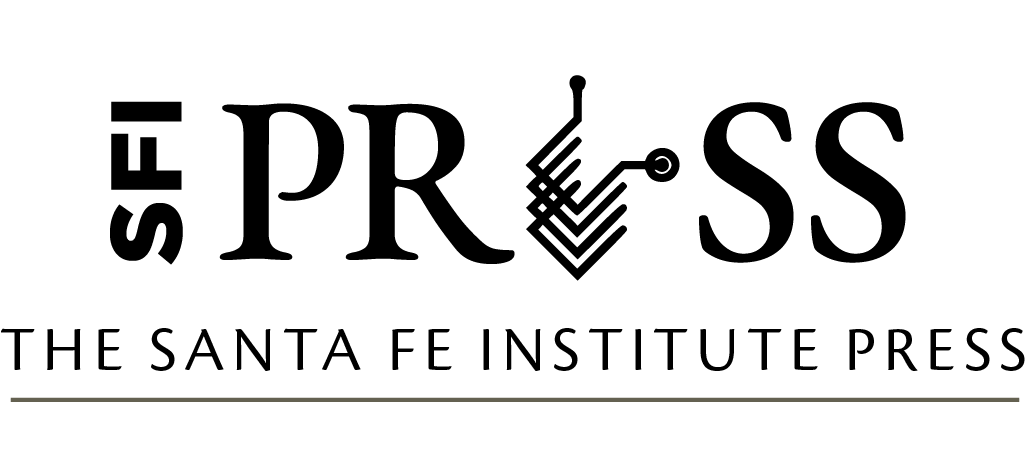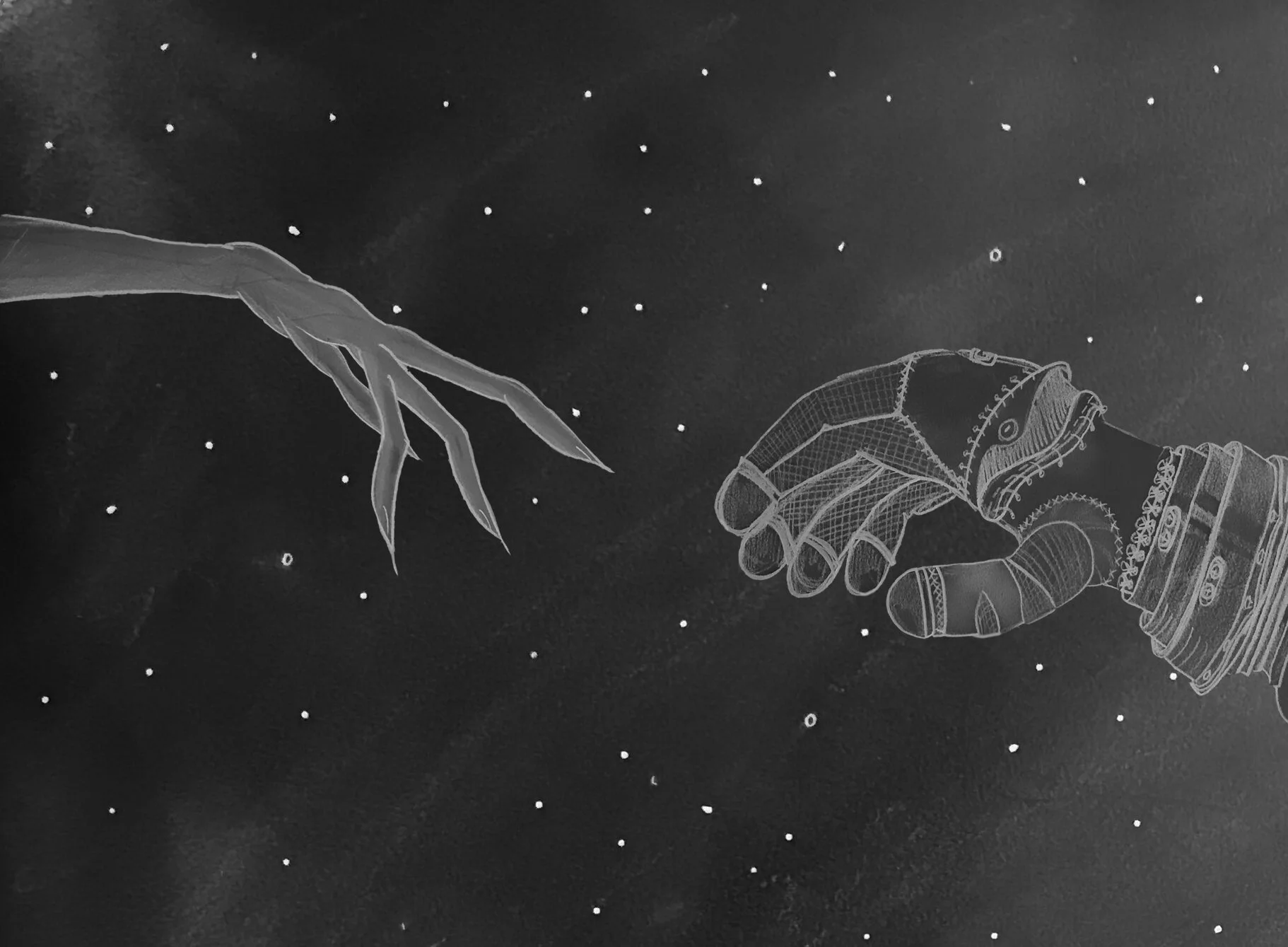New Book: Complex-Systems Research in Psychology
Complex-Systems Research in Psychology
by Han L. J. van der Maas
$10.99 (Paperback); online version free of charge
Publisher and imprint: The SFI Press Scholars Series
310 pages
Paperback ISBN: 978-1-947864-63-4
Publication Date: September 5, 2024
To SFI External Professor Han van der Maas, psychology is the most fascinating science of all. It’s also one he sees as facing multiple crises — crises of theory, replication, and measurement. Disparate psychological theories and methods of inquiry have led to a confusing and contradictory lack of consensus about the brain, the mind, and the social environments in which humans exist. In his new SFI Press monograph, Complex-Systems Research in Psychology, van der Maas offers a roadmap for how psychologists could adopt and apply complexity science. This approach has the potential to catalyze a more accurate understanding of the human experience by developing and testing formal theories of psychological processes.
“Humans are the ultimate complex systems,” writes van der Maas, a professor of social and behavioral sciences at the University of Amsterdam. “We can only succeed in exploring the psychological system by understanding its complexity. We need to apply the tools of complexity science to psychology, which is in desperate need of breakthroughs.”
Van der Maas introduces innovative models for a wide range of psychological phenomena, including perception, attitudes, intelligence, panic, and depression. He also explores polarization through a novel model that integrates psychological and sociological processes, leveraging network science and agent-based modeling. The common thread in these models is that they are mathematically simple, yet behaviorally complex.
Van der Maas’ new book provides an overview of complex-systems research and teaches skills, such as agent-based modeling, for undertaking new research in the behavioral and social sciences. He offers exercises to help readers think critically about how they might apply complex-systems approaches to their research questions, and guidance on how to test their theories. The text is aimed at psychologists and social scientists who possess the basic mathematical skills needed to use the models proposed in the book and, hopefully, develop more robust and replicable psychological theories.
The paperback book will be available on September 5, 2024. It is also available for free online.
This article originally appeared on santafe.edu/news.


